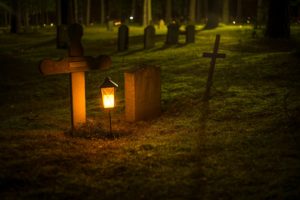Recently some of the people in my life have lost loved ones. Several of these folks had time knowing the death was coming. One woman described the process as companioning her parent into death. She talked about the delicious time they spent together, telling stories, talking, eating favorite foods, and up unto the end, making memories. Another person’s parent had dementia and so the end of that life was more like a solitary journey of love for what had been. A brief coma made the sense of distance to the loved one even deeper. Another’s parent was far away and so the stress of travel in these difficult times made the grief even more chaotic and overwhelming. The thing that all these folks have in common is that they talked about what it was like and in that talking and sharing they found that it helped. Telling the story matters, but each person also reflected that we in our culture don’t talk about death much. We don’t celebrate the joy of being with people we love in these holy moments. We don’t share the moments in the trenches of living through death. We don’t recount the fear and exhaustion mixed in to all of it.
I think this hesitancy of our culture to deal with death is also why we in the church have such a hard time closing churches, ending programs, and saying goodbye to one another. Death is a holy part of living. Both for people and for organizations and institutions. Death is not a failure of medicine or of pastors and congregations.
 Loss and endings are difficult. Yet the more we keep these stories to ourselves, the more we don’t tell about the beauty and the pain, the more difficult it is to accept our own eventual deaths and the more difficult it is to embrace the death around us as part of what is. So I encourage you to tell the story. To remember and acknowledge what it is to live through death and to find God’s holy presence in that space.
Loss and endings are difficult. Yet the more we keep these stories to ourselves, the more we don’t tell about the beauty and the pain, the more difficult it is to accept our own eventual deaths and the more difficult it is to embrace the death around us as part of what is. So I encourage you to tell the story. To remember and acknowledge what it is to live through death and to find God’s holy presence in that space.
- Eilidh



